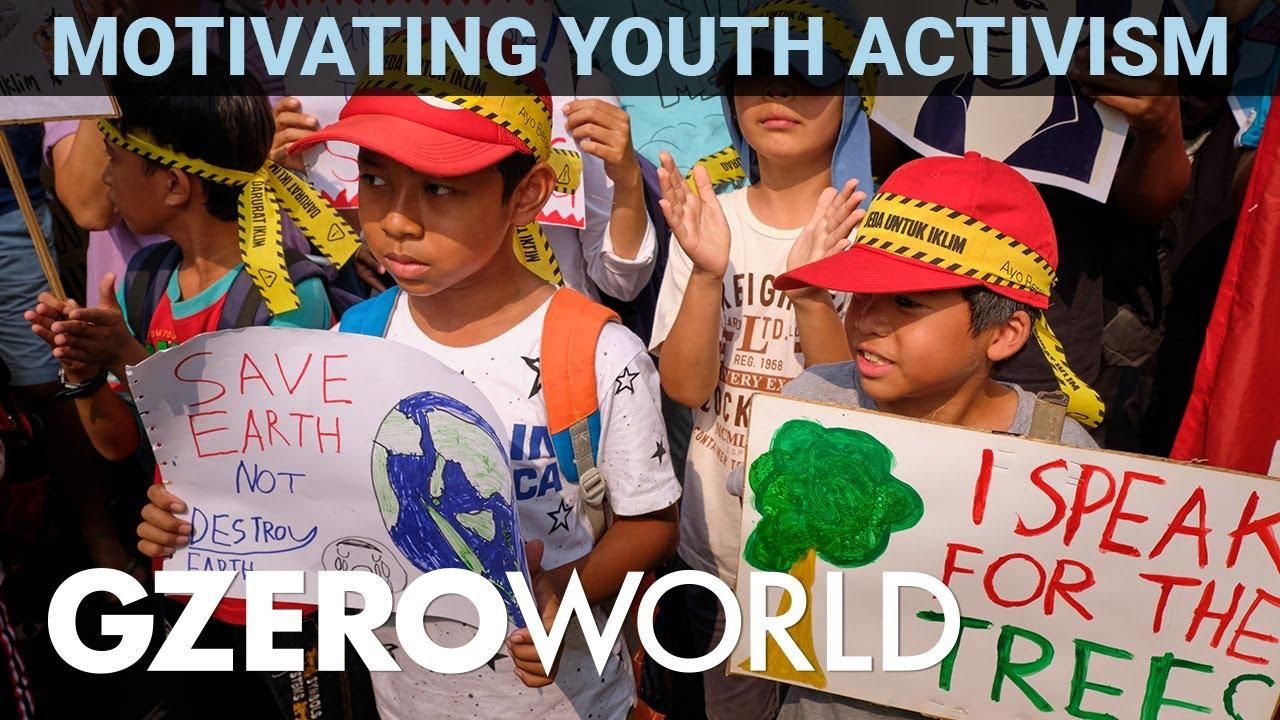
How to Save Our Future From the Crises We Create | GZERO World
Who has the most at stake in making the world a better place? Young people.
After all, the decisions we make today affect their future more than any other age group.
“Not just the young people who make up half of the world's population today, but the 11 billion people who are yet to be born by the end of this century," asks UN Foundation President Elizabeth Cousens, "what are we leaving to them?”
In a GZERO World interview with Ian Bremmer, Cousens offers some thought on what the youth can do for global development based her experience working with young people.